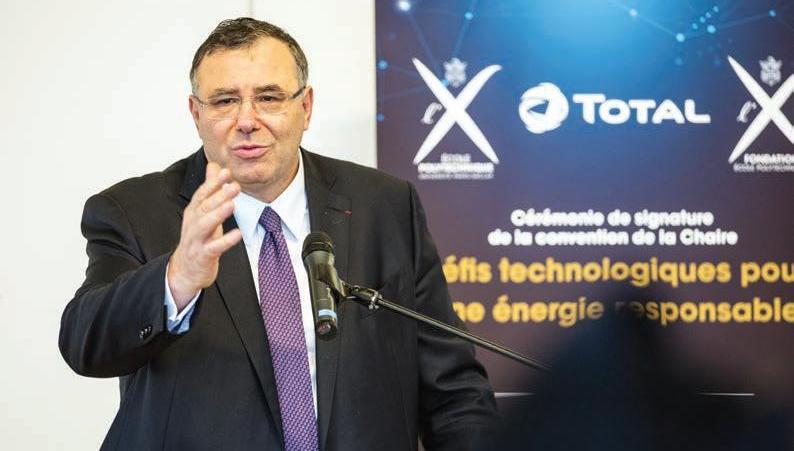
2 minute read
Pipelines
EAST AFRICAN CRUDE OIL PIPELINE PROJECT UPDATE
Streamlined ownership could help to drive progress on the US$3.5bn strategic East African Crude Oil Pipeline (EACOP) project. Martin Clark reports on the latest developments with this important addition to African hydrocarbons infrastructure.
THE EAST AFRICAN Crude Oil Pipeline (EACOP) is a strategic priority for landlocked Uganda, which is keen to export its hydrocarbon reserves out to Tanzania and beyond. The 1,443 km pipeline route will take Ugandan oil from Lake Albert, then tracks a route south of Lake Victoria and out to the Indian Ocean port of Tanga on the Tanzanian coast. But the idea has been repeatedly delayed, grinding to a halt last year amid tax disputes and the collapse of a proposed buyout deal between two of its major partners.
The news that Total has now agreed terms to take over partner Tullow Oil’s entire interests in the Lake Albert development project − including EACOP − could help to kick-start the pipeline once more. The scheme groups China’s CNOOC and state energy firms Uganda National Oil Company (UNOC) and the Tanzania Petroleum Development Corporation (TPDC).
Total said in April that it is paying Tullow US$575mn, with an initial payment of US$500mn at closing and US$75mn when the partners take the final investment decision (FID) to launch the project, although it is unclear when this will be. The deal means the French oil giant will acquire all of Tullow’s existing 33.3 per cent stake in each of the Lake Albert project licenses (EA1,
EA1A, EA2 and EA3A) as well as the proposed pipeline system. The transaction is still subject to approvals and to CNOOC’s right to exercise pre-emption on 50 per cent of the transaction.
However, Patrick Pouyanné, Total’s chairman and chief executive, hinted that the new, streamlined ownership structure would help drive forward the combined pipeline and oilfield development. “This acquisition will enable us, together with our partner CNOOC, to now move the project forward toward FID, driving costs down to deliver a robust long-term project,” he said after announcing the transaction on 23 April. Pouyanné added that the acquisition fits with Total’s strategy of acquiring long-term resources at low cost, with the Lake Albert development project deal working out at less than US$2 per barrel.
It will be welcome news for Ugandan officials. Last September all activities on the pipeline, including tenders, were suspended because of the collapse of the earlier deal between the two investors. The export pipeline remains critical to the nation’s hopes. Uganda discovered crude oil about 14 years ago but commercial production has been delayed partly because of a lack of export infrastructure.
It may still face hurdles, including securing financial backing. The African Development Bank distanced
Patrick Pouyanné has big ambitions for the project in line with Total’s strategy of acquiring resources at a low cost.
itself from the project on 18 April after being linked to the scheme. The bank said in a statement that it “strongly rebuts claims that it plans to provide financial support to the East African Crude Oil Pipeline Project,” and is keen to focus on renewable energy.
For Tullow Oil, it marks the end of an era. Despite problems progressing its plans, it was the early frontrunner in the country’s energy sector, making a string of discoveries more than a decade ago to trigger a rush of new inward investment. In a statement, Tullow said it would “work closely with the government, Total and CNOOC over the coming months to reach completion [on the buyout deal] as quickly as possible.”










